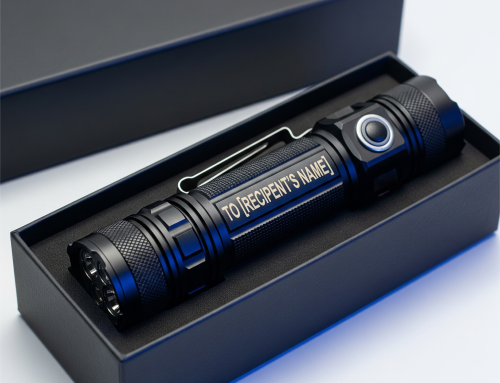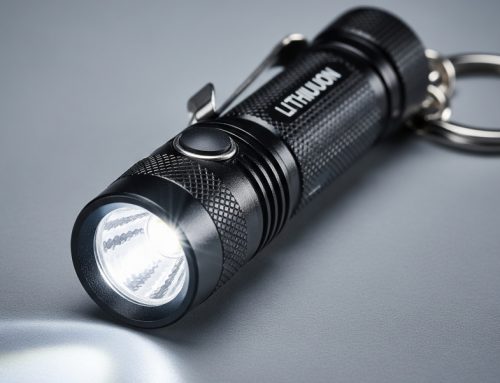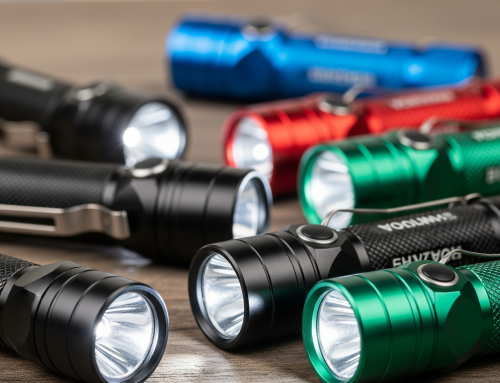The application of uv flashlights in criminal investigations and forensic science is extensive, as they can aid investigators in locating hidden bloodstains, fingerprints, and other crucial evidence. Here are some applications of uv flashlights in these fields:

- Bloodstain detection: Blood emits fluorescence under ultraviolet light, making uv flashlights a powerful tool for detecting concealed or cleaned-up bloodstains. These bloodstains may be deliberately obscured by criminals or may be difficult to detect under normal lighting.
- Fluid detection: Apart from blood, other bodily fluids like semen, saliva, and urine also fluoresce under ultraviolet light. These pieces of evidence can help investigators track suspects or confirm different crime details.
- Fingerprint identification: Fingerprints may not be visible under regular lighting in certain circumstances, but they exhibit visible fluorescence under ultraviolet light. UV flashlights can reveal hidden fingerprints, which is invaluable in solving cases like burglaries.
- Tracing transferred items: Criminals often attempt to transfer items to other locations after committing the crime to cover their tracks. Ultraviolet flashlights can help locate these items, as they may retain fluorescence marks from the crime scene.
- Evidence detection: Critical evidence such as hair, fibers, fluorescent dust, etc., may be present at the crime scene or on the victim. Under ultraviolet light, such evidence becomes more discernible.
- Crime scene investigation: Ultraviolet flashlights are useful for conducting crime scene investigations, aiding in determining the area of the incident, searching for discarded items, or finding evidence.

It is important to note that while ultraviolet flashlights have significant applications in criminal investigations and forensic science, they are merely auxiliary tools and need to be used in conjunction with other investigation techniques and methods. Additionally, when using ultraviolet flashlights, investigators should take appropriate protective measures, as prolonged exposure to ultraviolet light can be harmful to the eyes and skin.



